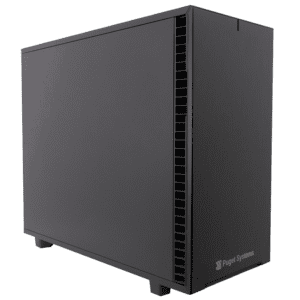DaVinci Resolve is a very GPU-intensive program, but it can still require a powerful CPU to match the amount of GPU power you may put into your system. We have seen diminishing returns with higher core count CPUs in the past, so the question is whether the 32 cores in the Threadripper 2990WX will increase performance or if you are better off with a lower core count CPU.








